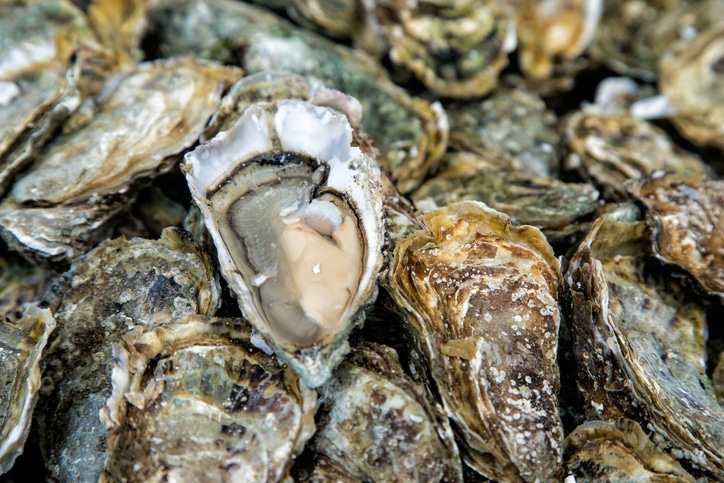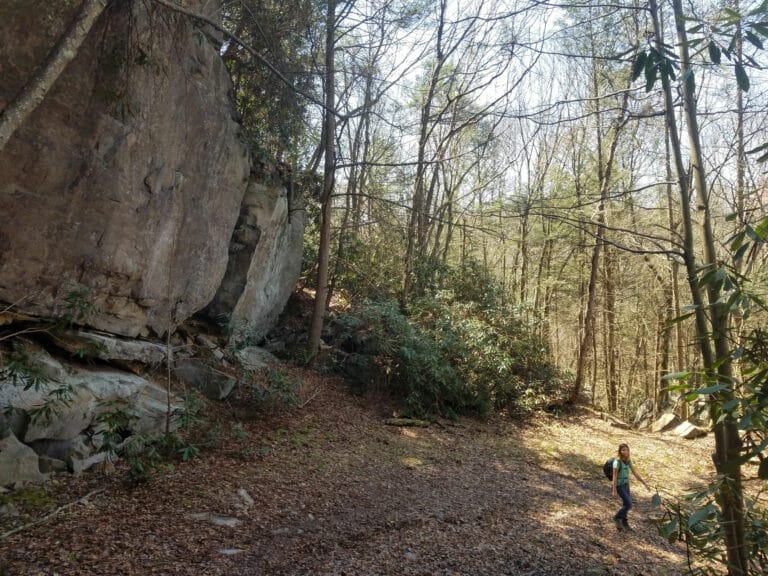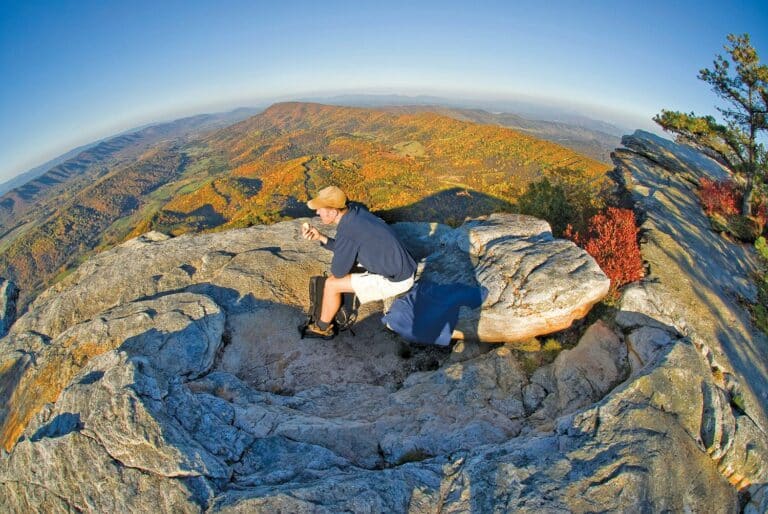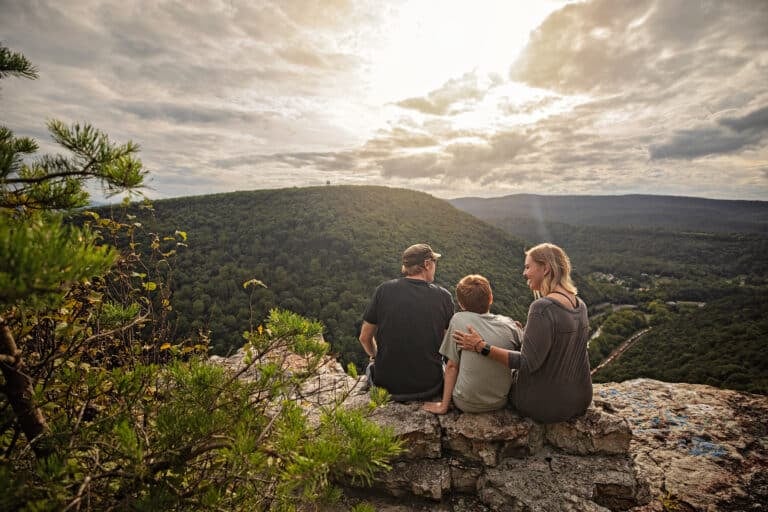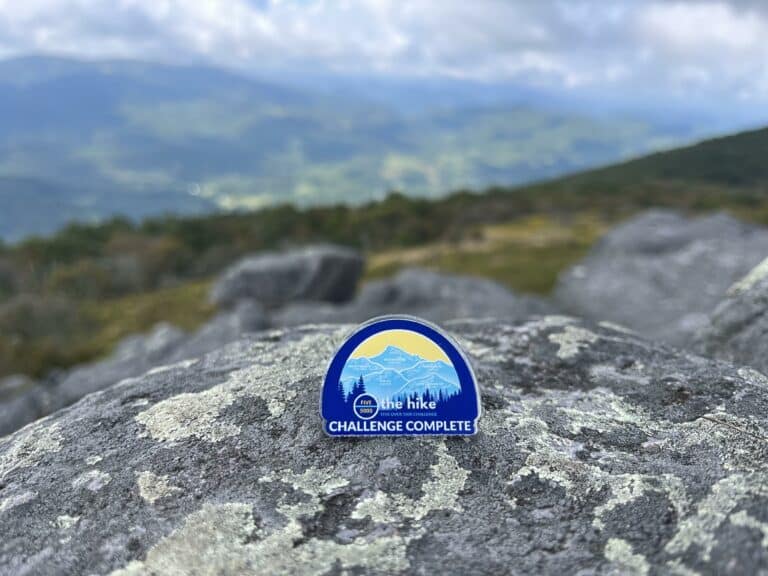Photo from Getty Images
Virginia non-profit asks residents to save their oyster shells to support baby oysters
Each year, the Chesapeake Bay Foundation receives several thousand bushels of oyster shells from restaurants in Virginia. The shells are recycled into new homes for baby oysters and planted in waterways around the region, the Virginian-Pilot reports. But this year, due to restaurant restrictions caused by the coronavirus, the non-profit is running low on donated shells.
To help support the oyster population, the foundation is asking the public to drop off their shells when they eat local oysters at home. “You can help bring back oysters in the Chesapeake whenever you drop off those empty shells,” Jackie Shannon, Virginia oyster restoration manager for the Chesapeake Bay Foundation, said in a statement. Shell drop-off bins are located throughout Hampton Roads. View a full list of drop-off locations here.
Rare blue bee spotted at Florida’s Lake Wales Ridge
The ultra-rare blue calamintha bee was first described in 2011. It was recorded at only four locations totaling just 16 square miles of pine scrub habitat at Central Florida’s Lake Wales Ridge, according to a blog post by the Florida Museum. Scientist were unsure if the blue bee still existed until this spring, when the bee was spotted once again.
“I was open to the possibility that we may not find the bee at all so that first moment when we spotted it in the field was really exciting,” said Chase Kimmel, a postdoctoral researcher with the Florida Museum of Natural History. Kimmel and his advisor, Jaret Daniels, are working on a two-year project to study the bees. Their study could help determine whether the blue bee qualifies for protection under the Endangered Species Act.
Grizzly bear attacks mountain biker in southern Montana
A man out for a mountain bike ride on Memorial Day in Big Sky, Montana got the surprise of a lifetime when he rounded a sharp corner on a trail and came face to face with a grizzly bear. The bear attacked the biker, but the man, in this 60’s, was able to walk away and find help. He was later airlifted to a hospital with injuries to his face and back and is in stable but critical condition.
Wildlife officials say the attack does not appear to be predatory and authorities are not searching for the bear. The trail is closed while the Montana Fish, Wildlife and Parks agency investigates.
